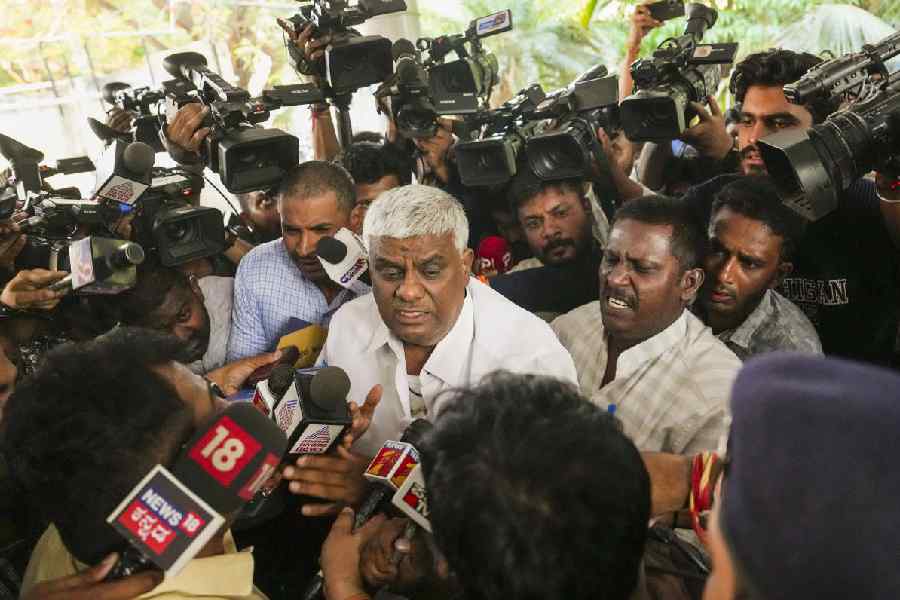India’s postgraduate medical curriculum does not reflect legal advances or the consensus among professional psychiatric organisations over issues relating to lesbian, gay, bisexual, transgender, queer-plus (LGBTQ+) individuals, psychiatrists have cautioned.
Three psychiatrists have flagged concerns about inadequate coverage of LGBTQ-related topics and outdated terminology in PG final-year psychiatry theory question papers that they say underline an urgent need to upgrade psychiatry residency programmes in medical colleges.
The doctors analysed questions over a 10-year period — 2013 to 2023 — received by PG psychiatry residents under the National Board of Examinations (NBE), the National Institute of Mental Health and Neurosciences (Nimhans) and the Kerala University of Health Sciences (KUHS).
They found that among the 2,373 questions screened, only 11 (0.46 per cent) were related to LGBTQ+ topics. The proportions of LGBTQ+ questions were 0.5 per cent in the NBE papers, 0.67 per cent in the Nimhans papers, and 0.15 per cent in the KUHS papers.
The study, led by Jithin T. Joseph, a clinical research fellow and senior resident in psychiatry at the Kasturba Medical College, Manipal, was published this week in the Asian Journal of Psychiatry.
Most of the questions were related to gender incongruence (54 per cent) or homosexuality (19 per cent). Some questions used outdated terminology such as “sex-reassignment surgery” or “sex change operation” instead of Gender Affirming Medical and Surgical Treatment, or GAMST, the accepted terminology.
“In current psychiatry practice, LGBTQ+ identities are regarded as normal variations — not disease or illness,” said Sreya Mariyam Salim, a senior resident in the psychiatry department at the Government Medical College, Manjeri (Kerala), and a study co-author.
“The questions asked in the papers did not reflect the understanding of the LGBTQ+ concepts in current psychiatric practice,” said A.M. Miller, senior resident at Nimhans, Bangalore, the study’s third co-author.
Questions designed to evaluate candidates’ comprehension of the normality of gender identity and sexual orientation and affirmative care for LGBTQ+ individuals were conspicuously absent.
The study did not find any difference in the pattern of questions before and after India decriminalised homosexuality. The Indian Psychiatric Society (IPS) had in mid-2018 asserted that homosexuality and lesbianism are mere variations in sexual orientation and not illnesses.
The IPS campaign was spearheaded by a task force of psychiatrists amid concerns about the distress that lesbian, gay, bisexual or transgender individuals might experience as they come to terms with their own sexual identities amid misleading beliefs in society.
The analysis of the exam questions highlights the need to improve PG psychiatry education to equip mental health providers with appropriate understanding to deliver affirmative and inclusive care to LGBTQ+ individuals, the study’s authors have said.
Several earlier studies in India documented inadequate knowledge among healthcare professionals about LGBTQ+ issues and obstacles faced by LGBTQ+ individuals in healthcare settings.










